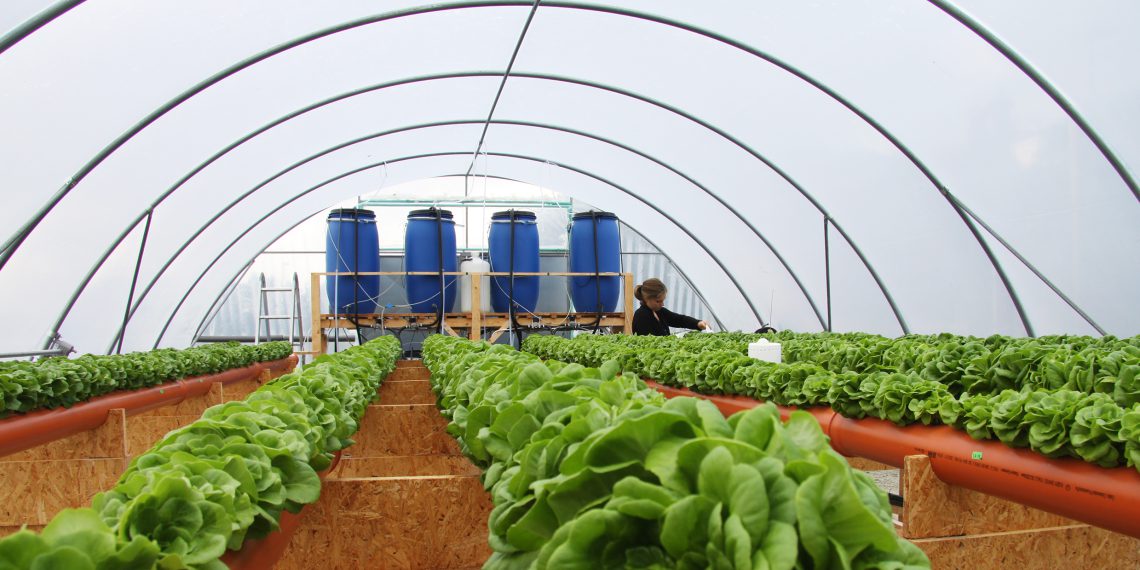The process of agricultural food production with recycled water successfully developed in the HypoWave research project is entering large-scale application for the first time. On a “small scale”, the model for hydroponic vegetable production with recycled irrigation water will be on display at IFAT in Munich. The HypoWave+ research team will present the project from May 30 to June 3, 2022, in Hall B2 at the booth of the German Federal Ministry of Education and Research (BMBF).
Agricultural vegetable production is water-intensive. But water scarcity is now a global problem that is being exacerbated by advancing climate change. New, water-saving cultivation methods are being sought to ensure the highest possible yields. With the research project led by the Technical University of Braunschweig, the German Federal Ministry of Education and Research (BMBF) is funding the implementation of an alternative form of agricultural cultivation in combination with water reuse on an industrial scale. The process enables regional, water-conserving and year-round vegetable cultivation in greenhouses and thus offers an alternative to conventional vegetable production.
Regional food production despite water scarcity
The hydroponic process, in which plants in containers without soil are supplied via a nutrient solution using recycled water, was successfully tested in the previous project in Hattorf, Lower Saxony. The research team led by project manager Thomas Dockhorn from the Technical University of Braunschweig and project coordinator Martina Winker from ISOE — Institute for Social-Ecological Research is now presenting the process at the Munich IFAT. At the BMBF booth, the scientists will present the innovation on a model scale: The process can be used to develop an alternative to irrigation with drinking water and groundwater. The cultivation method also offers an optimized nutrient supply, since vital nutrients such as nitrogen and phosphorus are supplied to the plants from the treated water.

















